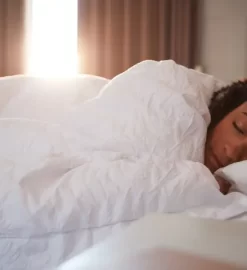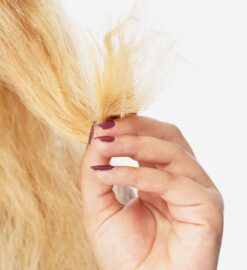Are you killing your teeth by brushing more than needed? Reveals Dentist.

We humans have an innate flaw; we believe that if doing a thing helps, then doing it more will help more often. Just as we see Raj following. Raj had heard from his mother that doing oil-massage on the head leads to better hair quality. At first Raj started doing it twice a week. But when he saw his hair starting to liven up and shine, he thought of increasing it gradually up-to twice daily. Now the shine indeed has increased, but what shines more now is his head than his hair. Over-doing things simply comes harmful. Our body thrives in a thin spectrum. For e.g., our bodies love a sweet range of temperature, our eyes can see a range of lights, our ears bleed when sound exceeds a certain limit, our heart speaks health when pulsates within a BPM. This same goes to our teeth. They help us chew those delicacies, speak those sweet poetic verses, whistle at a goal, or sometimes bite off a burglar. Cleaning them comes as a sort of moral responsibility. But an expert dentist from Berwick Dental Centre says that we might be overdoing it.
Our teeth, although much tough they look, do need a limit too. We think that brushing them after every meal for minutes will make us smile more beautifully. But to our ignorance, it can actually make us smile with lips closed (even laugh with lips closed). Here is a dentist’s guide to how much we should brush and for how long. Raj is being modest too, and so should you be.
A dentist’s advice on brushing your teeth.
Our teeth indeed do have the hardest substance in our body – Enamel. Enamel is made mostly of calcium phosphate, an extremely hard mineral. This is why it takes some large amount of insanity and idiocy to rot our teeth off. Below our teeth is a layer called Dentine. Dentine is the source-house of our enamel. Pulp is the source-house of Dentine and consists of blood and nerve cells.. This pulp, although much luscious it sounds, is that which you curse when extremely cold stuff makes you take your hand closer to your chin and squint. Enamel, although the hardest, is vulnerable to some strong substances and poor habits. There are things harder and stronger than this enamel to scrape it off with time. This is why a dentist warns you against brushing your teeth at a particular time.
When should you not brush your teeth?
In short – immediately after a meal. We humans love eating, and we eat a large variety of food. We grow, we experiment, we taste, we eat, we analyze, we adapt, and we experiment again until that ambrosial delight. And then we pass on the recipe through generations. We don’t just eat or drink delicate stuffs, but we love to let our taste buds experience the highs and lows and whips and kisses of the food items that we have around. When we eat, the acidic content of our food weakens the enamel. If we listen to an expert dentist, brushing immediately after a meal will scrape off the enamel and by time our tooth will shrink weak.
Berwick Dental Centre suggests you wait around an hour after a meal to let that acidic content weaken. If you cannot wait an hour, then brush your teeth before the meal instead. Majority of the population brushes their teeth early in the morning. But these people also brush their teeth after a dinner. It is thus advised to wait either an hour, or brush before.
How much should you brush?
When it comes to frequency, dentists suggest you brush around two-three times a day for two-three minutes. Don’t brush too hard. Brushing hard comes harmful for the enamel. Raj thinks that brushing too hard will remove everything – Yes, it will remove everything. Talk to your dentist if you suffer from oral health.



